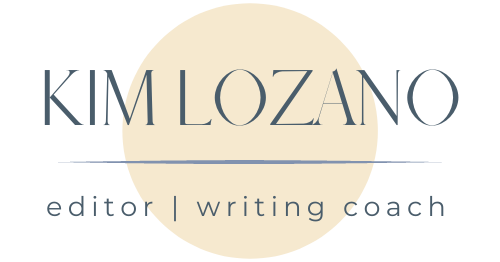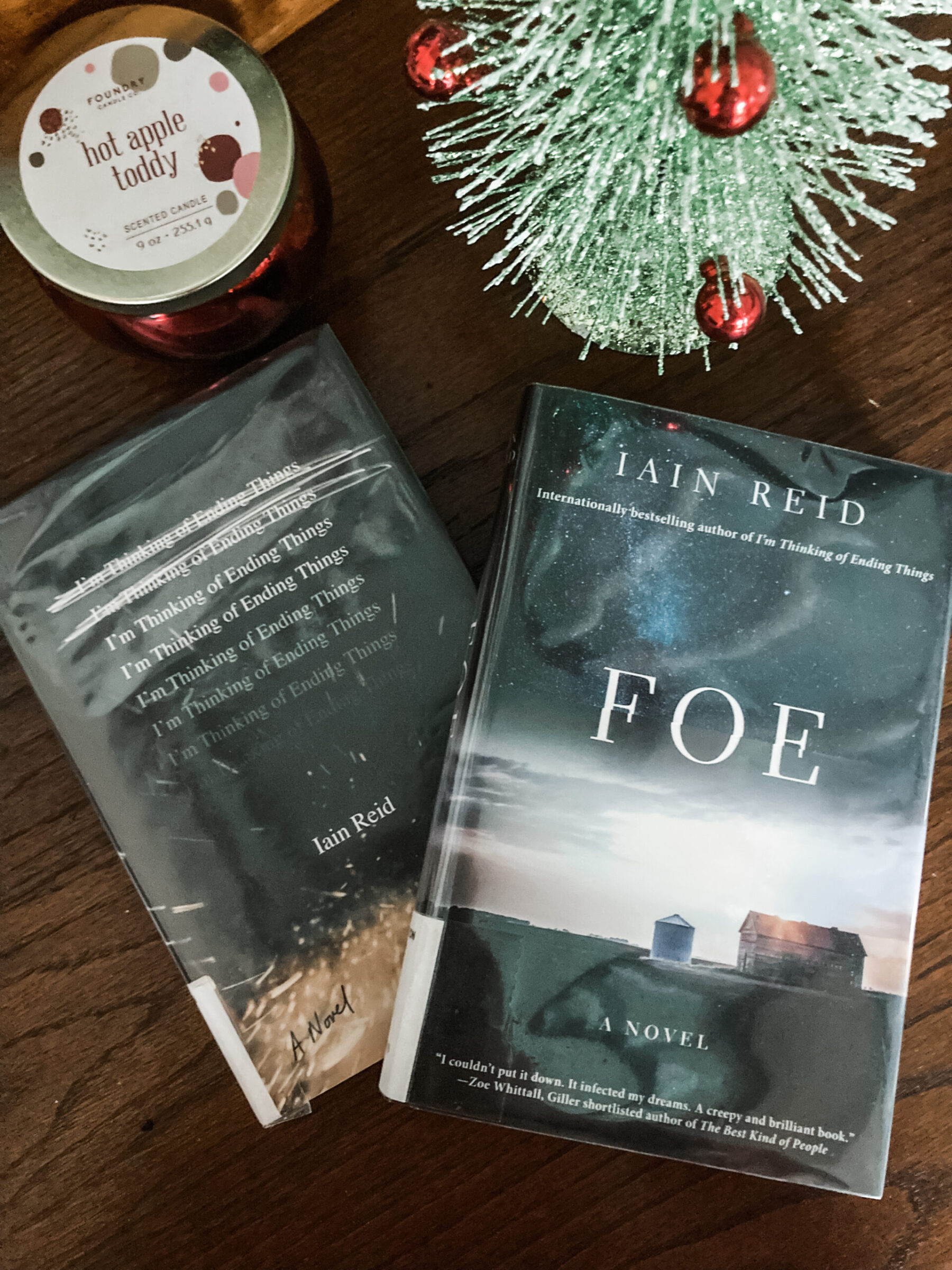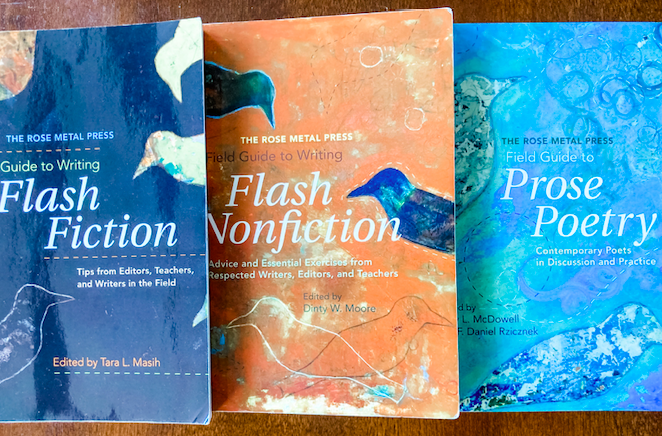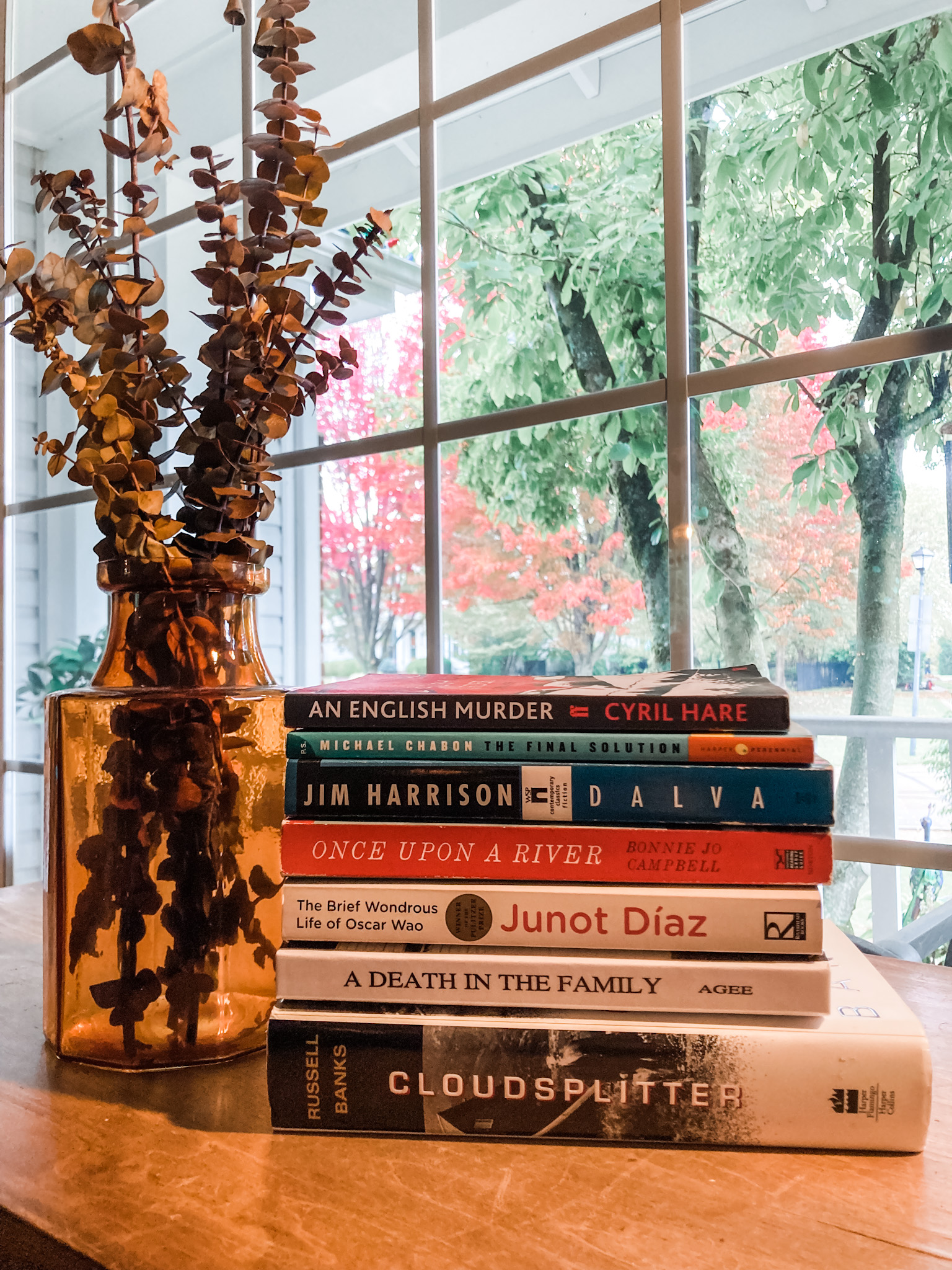20 Questions to Ask Yourself About Your First 500 Words
I could tell you not to overthink your story opening in the first draft. But I’m not sure that’s even good advice. Thinking, thinking, and thinking some more is often what needs to happen with story-making. Finding that entry point and realizing those first 500 words can be critical to setting your feet on the path to where your protagonist needs to go.
On the other hand, stalling out is always a danger in writing. And that opening might need to change a whole bunch of times before it’s a proper final-draft-opening. So, overthink it, for a bit, and then move on. You may need to write the entire book before you can come up with the right opening.

So what’s the First 500 Words Formula™? There isn’t one, of course. There are many ways to begin a book. But those first words are vital in gaining the trust of your reader. The reader wants to feel that this book knows what it’s about. That the writing is confident and can stand up to scrutiny. They want to feel like they’re in good hands and they’ve got nothing to worry about (except whatever trouble you’re going to put your characters through).
If your story opening still feels like a guess, let me ask you some questions. Maybe you’ll land on just the opening that’s been evading you.
- What in your story captivates you the most? Is it your setting? A specific plot point or event? A character? Does your opening reflect the most significant element of your book?
- Does your main character begin a new and important relationship in the first chapter (this is a good idea)? Can they meet this person in the first 500 words?
- Is there anything unfamiliar or strange in your opening? Can you lean more into that?
- What will your reader assume about your character in those first 500 words?
- What will your reader be curious about (not confused about) in those first words?
- Have you incorporated surprise in your opening?
- What’s your character’s goal in the opening scene? This isn’t about the main goal of the book, but your character should at least have a mini-goal in the opening pages, and something standing in their way.
- To rephrase the last question—what’s the conflict in your beginning scene? What antagonistic forces are resisting your protagonist?
- Does your opening feel like it’s definitely being told from a certain perspective, or does the voice feel generic? Where, specifically, does the language reflect the interiority of your main character?
- What, specifically, do you think pulls your reader in? Articulate what’s interesting about your opening situation.
- In your first 500 words, does your character perform some act that characterizes her? Have you devised an opening incident (not the technical “inciting” incident) that will force your character to reveal something important about her nature?
- Does your opening not only contain specific details, but would you say it’s *grounded* in specific details?
- If I accuse your opening of being too heavy on information and data, can you counter that it isn’t? How are you giving your reader an experience and not just explanation?
- Are you starting with backstory? How do you justify this choice when backstory is much less interesting to a reader than present action? (I can point you to masterful books that begin with backstory. Is yours masterful?)
- Is your beginning heavy on description or people thinking instead of people doing something?
- Might your opening be trying too hard to be eloquent? Overwriting can be hard to diagnose in our own work.
- Usually, the tone of the opening pages tracks with the emotional state of the protagonist. Can you specify the tone of your opening? Does the tone of the writing reflect the situation your character is in?
- What is causing your character discomfort in the opening pages?
- Can you add one unexpected or interesting word to each paragraph? Words that fit, but that could also delight the reader (tip: look to your verbs)?
- Any chance your opening is too tame?
If some of my questions sound a bit aggressive, I mean them to be. I don’t want you to invest potentially years of your life writing a book and guaranteeing that no one will finish it because they quit early. And the first 500 words are a real danger zone for losing your reader.
By the time your manuscript is ready for a reader, by the time it’s ready to ship, you need to feel confident that it’s fulfilling its function as marketing copy. It’s got to do the work of convincing the reader that they should read the rest of your book.
Your first 500 words don’t have to do everything, but they have to do *something*. Something strategic. Can you articulate what work your story opening is doing?






